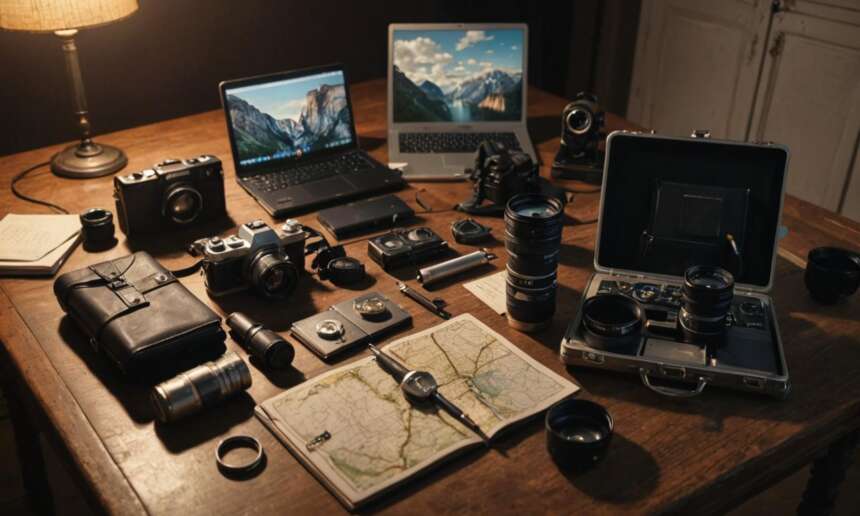Intelligence officers play a crucial role in the security and defense apparatus of a nation. They are tasked with gathering, analyzing, and disseminating intelligence to inform decision-makers about potential threats, risks, and opportunities. These individuals operate covertly to gather information from various sources, including human intelligence (HUMINT), signals intelligence (SIGINT), imagery intelligence (IMINT), and open-source intelligence (OSINT).
Responsibilities of an Intelligence Officer
An intelligence officer’s responsibilities encompass a wide range of tasks, including:
- Collecting intelligence through various means, including surveillance, interrogation, and analysis of data.
- Assessing and evaluating gathered intelligence to determine its accuracy, reliability, and relevance.
- Developing intelligence reports and briefings for policymakers, military leaders, and law enforcement agencies.
- Collaborating with other intelligence agencies, both domestically and internationally, to share information and coordinate efforts.
- Conducting counterintelligence operations to identify and neutralize threats posed by foreign intelligence services or insider threats.
- Engaging in strategic planning and risk assessment to anticipate and mitigate potential threats to national security.
Qualifications and Skills
Becoming an intelligence officer typically requires a combination of education, training, and experience. Common qualifications and skills include:
- A background in fields such as international relations, political science, criminal justice, or military studies.
- Strong analytical and critical thinking skills to interpret complex data and identify patterns or trends.
- Excellent communication skills, both written and verbal, for preparing reports and briefing senior officials.
- Ability to work under pressure and adapt to rapidly changing situations.
- High level of integrity, discretion, and professionalism due to the sensitive nature of the work.
- Proficiency in foreign languages and cultural awareness for conducting operations in diverse environments.
Challenges and Risks
Working as an intelligence officer comes with inherent challenges and risks:
- Exposure to dangerous or hostile environments during field operations.
- The need to maintain secrecy and protect classified information to prevent compromise or exposure.
- Balancing the ethical considerations of intelligence gathering with the necessity of protecting national security.
- Navigating political sensitivities and diplomatic complexities when collaborating with foreign partners.
- Dealing with the psychological toll of high-stress situations and the weight of responsibility for national security.
Intelligence officers are the silent guardians of national security, working tirelessly behind the scenes to gather, analyze, and protect vital information. Their role is critical in safeguarding against threats and ensuring the safety and prosperity of nations. Through rigorous training, expertise, and dedication, intelligence officers fulfill their duty with unwavering commitment and resolve.
Training and Development
Intelligence officers undergo continuous training and professional development to stay abreast of evolving threats and technological advancements. This training may include:
- Advanced courses in intelligence analysis techniques and methodologies.
- Simulation exercises to enhance decision-making skills and crisis management abilities.
- Technical training on the use of surveillance equipment, encryption methods, and cyber security protocols.
- Cross-cultural training to better understand and navigate diverse social and political landscapes.
Frequently Asked Questions
Here are some common questions about the role of intelligence officers:
| Question | Answer |
|---|---|
| What is the difference between intelligence officers and spies? | Intelligence officers operate within the framework of their respective governments or agencies, conducting lawful intelligence gathering activities. Spies, on the other hand, typically operate covertly and may engage in illegal or clandestine activities on behalf of a foreign entity. |
| How do intelligence officers gather information? | Intelligence officers use various methods such as surveillance, data analysis, human intelligence sources, intercepted communications, and imagery analysis to gather information relevant to national security. |
| What measures are taken to protect intelligence officers? | Intelligence agencies implement stringent security protocols, provide training in self-defense and situational awareness, and may offer psychological support to mitigate the risks and challenges faced by intelligence officers. |




